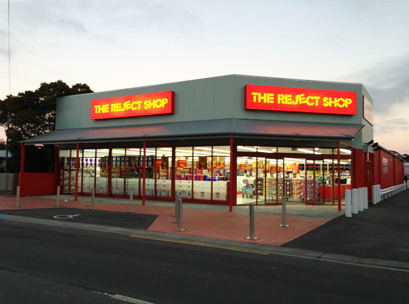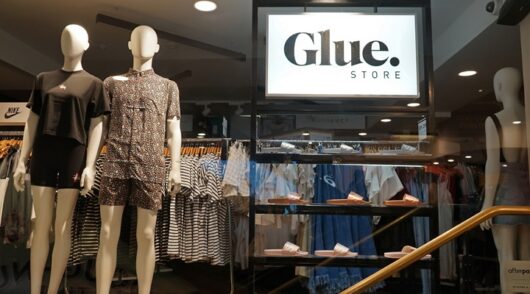
A difficult year of slowing sales and footfall, as well as the departure of its chief executive Rob Sudano in May, has seen discount department store The Reject Shop post a net loss of $16.9 million for the FY19 period.
Chairman Bill Stevens has announced he will retire at the conclusion of the business’s upcoming annual general meeting, and will not be seeking re-election.
The net loss, which is more than 200 per cent below last year’s NPAT of $16.6 million, was largely due to a non-cash impairment charge of $15.4 million after tax, which reflects a decision to reduce the value of its corporate and store assets.
Taking this impairment out the company saw a net loss of $1.5 million, which lands within the range of its previously re-stated guidance of a loss between $1 million and $2 million.
Sales decreased 0.8 per cent to $793.7 million over the year, and earnings before interest, tax, depreciation and amortisation fell to 18.2 million – a 57.6 per cent drop.
“This has been an extremely challenging year for The Reject Shop and the retail sector,” Stevens said.
“We are implementing a new strategy and are progressing leadership renewal that we believe will improve performance to the expectations of our shareholders.
“With a sharp focus on improving our performance, we have identified errors and we are actively addressing them. Our now re-focused strategy, centred around our core discount variety value proposition, is showing early signs of gaining traction with our customers.”
Stevens stated the search for Sudano’s replacement is going smoothly, but that an announcement would only be made when the process is finalised.
Acting chief executive Dani Aquilina stated the business’s decision to deviate from low-priced everyday items has cost it in the struggling retail environment.
“We are focused on getting back to our roots and turning the business around, we are focusing on the categories our customers know us for and dialing up the essence of who we are, a discount variety store,” Aquilina said.
According to Aquilina, the business will refocus on low-priced branded product, daily essentials, general merchandise and regularly refreshed product lines.
“Trials of revised operating standards have shown better consistency of in-store merchandising; and resulted in improved store performance. These standards will be rolled-out across the store network,” Aquilina said.
“We are getting on with the job of improving our performance. We have a clear understanding of what needs to be done and we are wasting no time.”
Access exclusive analysis, locked news and reports with Inside Retail Weekly. Subscribe today and get our premium print publication delivered to your door every week.





